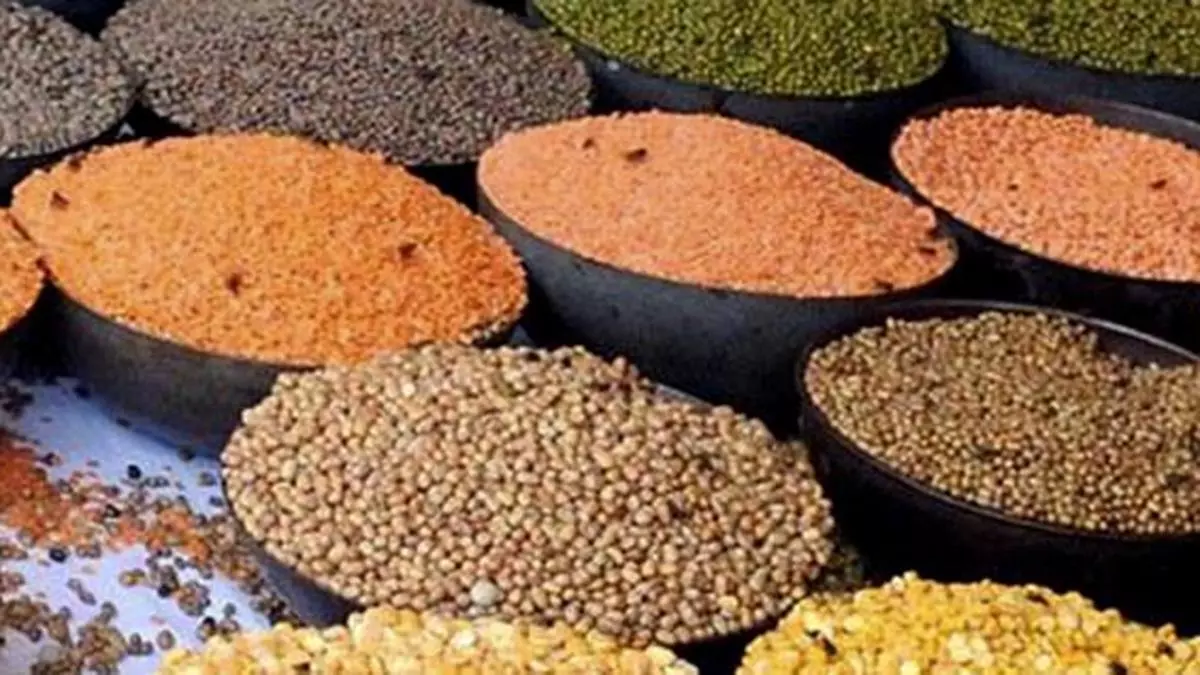FY24 pulses exports drop 22% on higher prices, lower crop
India’s pulses exports during 2023-24 declined 22 per cent in volume and 2.5 per cent in value terms on a slowdown in purchases by key buyers such as Bangladesh, China and the United Arab Emirates on higher prices.
Pulses exports stood at 5.94 lakh tonnes (lt) during 2023-24 compared with 7.62 lt in the previous year. In value terms, pulses exports stood at $644 million over the previous year’s $661 million as per the latest data.
“Our pulses production was impacted this year by bad weather. Prices of chana were higher than the minimum support price by 15-20 per cent, which impacted the exports,” said Bimal Kothari, Chairman, India Pulses and Grain s Association. All these years, chana used to be under MSP and found takers in countries such as Bangladesh and Nepal among others. Besides chana, the exports of kabuli chickpea were also seen lower this year.
Bangladesh, the largest buyer of Indian pulses, reduced purchases during 2023-24 at 1.85 lt compared with 2 lakh tonnes in the previous year. China reduced the purchases drastically to 50,223 tonnes over previous year’s 1.65 lt, while the off-take from UAE also saw a significant reduction at 80,396 tonnes compared to previous year’s 1.33 lt.
US shipments up
However, the exports to the US saw an increase to around 34,944 tonnes over 32,589 tonnes in the previous year and Sri Lanka at 27,699 tonnes compared to 23,417 tonnes. Exports to UK almost doubled to 18,996 tonnes over 9,919 tonnes.
India’s pulses exports largely cater to the expat population, said Rahul Chauhan of Igrain India. While exports of desi chana and kabuli chana saw a dip, the shipments of lentils, tur and urad saw an increase. “Exports of lentils have more than doubled to 1.58 lt and so also urad. However, tur and moong exports saw a marginal increase,” Chauhan said.
Exports of chana during April-Feb period were down at 45,361 tonnes over 1.27 lt in the same period last year. Similarly the kabuli chana exports were lower during the April-February period at 80,488 tonnes over 93,624 tonnes in the same period in the previous year.
India the largest producer and consumer of pulses, imported a record quantity during the year to ease supplies and keep prices under check. Pulses, a key ingredient of daily diet, are a major source of protein for a majority of the Indian population.
